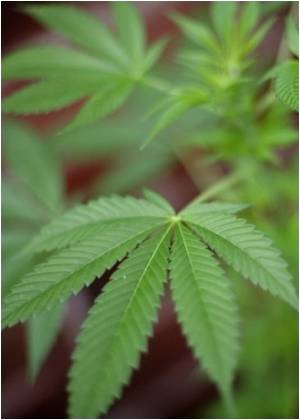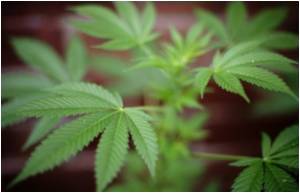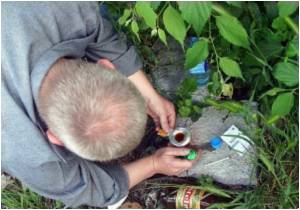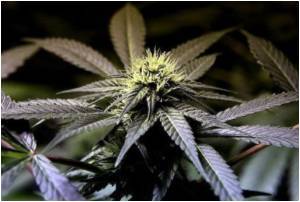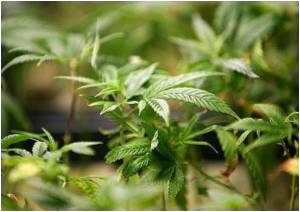
Jon Page, plant biochemist and adjunct professor of biology at the University of Saskatchewan, explained that a simple genetic switch is likely responsible for the production of THCA, or tetrahydrocannabinolic acid, the precursor of the active ingredient in marijuana.
"The transcriptome analysis showed that the THCA synthase gene, an essential enzyme in THCA production, is turned on in marijuana, but switched off in hemp," stated Page.
The team compared the potent Purple Kush marijuana variety with 'Finola' hemp, which is grown for seed production, said Tim Hughes, professor at the Terrence Donnelly Centre for Cellular and Biomolecular Research and the Department of Molecular Genetics at the University of Toronto, and co-leader of the project.
Hemp lacks THCA, but does contain another, non-psychoactive substance called CBDA, or cannabidiolic acid.
"Detailed analysis of the two genomes suggests that domestication, cultivation, and breeding of marijuana strains has caused the loss of the enzyme (CBDA synthase), which would otherwise compete for the metabolites used as starting material in THCA production," noted Hughes.
Advertisement
Marijuana has been used medicinally for more than 2,700 years, and continues to be explored for its pharmaceutical potential.
Advertisement
The researchers expect that sequencing the Cannabis sativa genome will help answer basic questions about the biology of the plant as well as furthering development of its myriad applications.
Source-ANI

